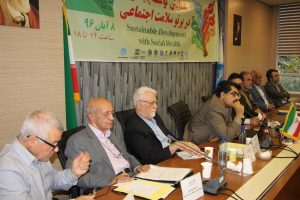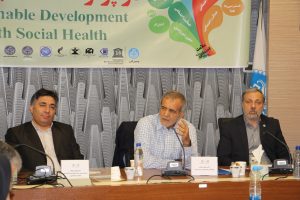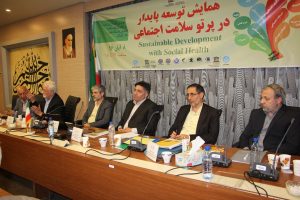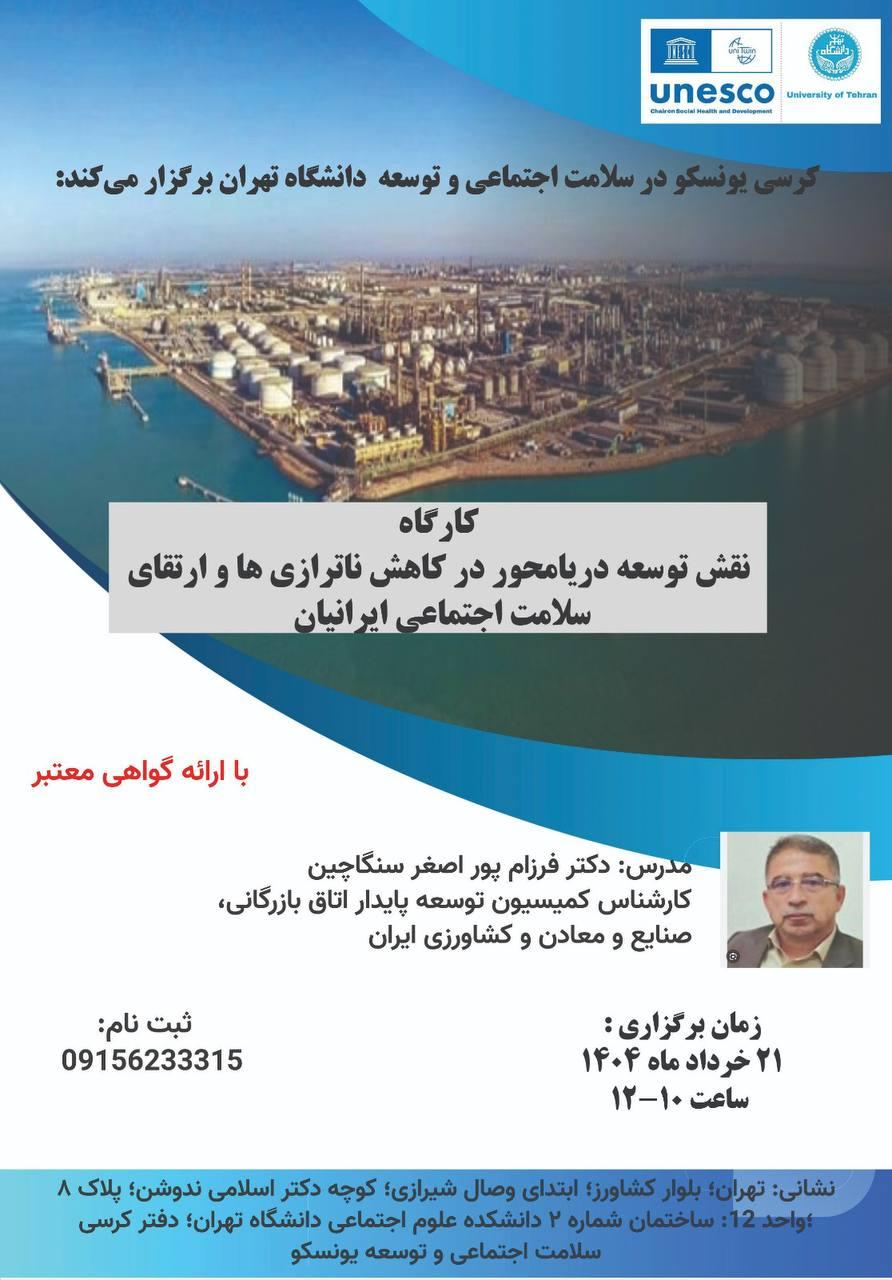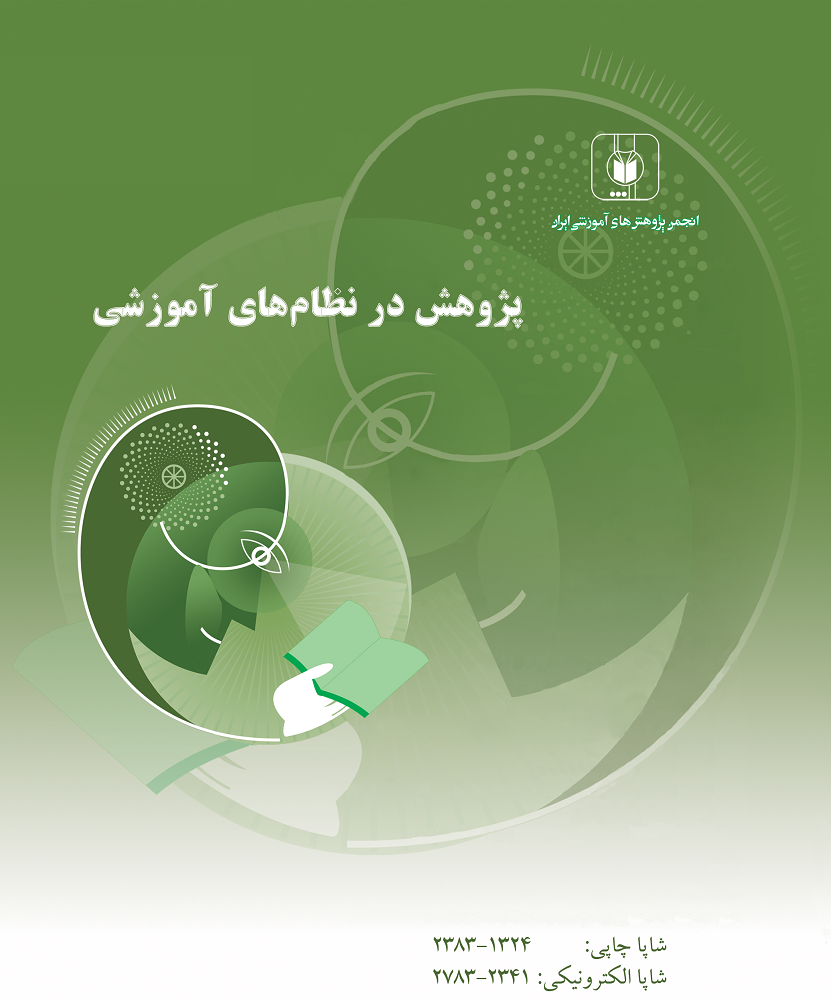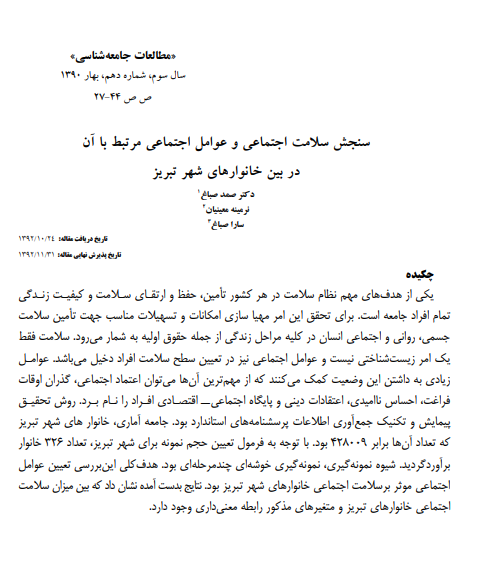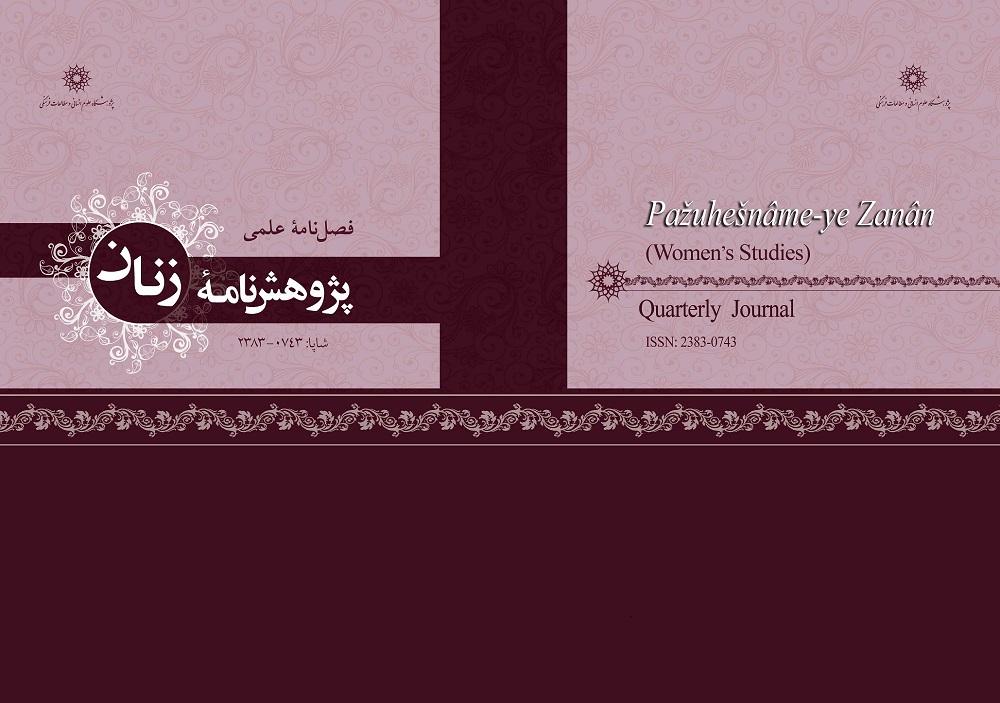News Conference on Sustainable Development in the Light of Social Health - کرسی یونسکو در سلامت اجتماعی و توسعه ucshd
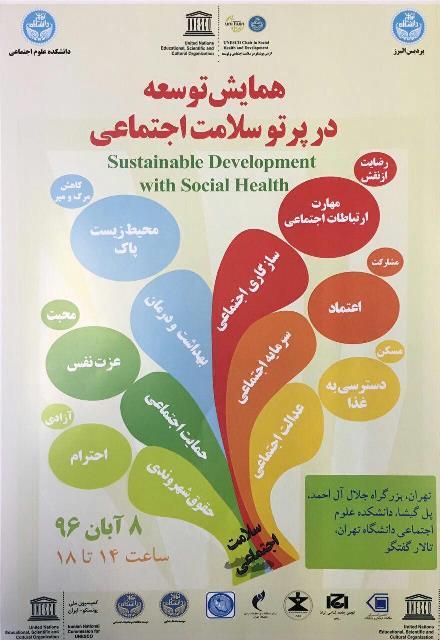
News Conference on Sustainable Development in the Light of Social Health
News Conference on Sustainable Development in the Light of Social Health
30 10 2017 10:41
News Code : 3943024
View Count : 104
The opening ceremony of the UNESCO Chair in Social Health and Development was held in cooperation with the Faculty of Social Sciences, Alborz Campus
The opening ceremony of the UNESCO Chair in Social Health and Development was held in cooperation with the Faculty of Social Sciences, Alborz Campus, and scientific associations in the discussion hall of the Faculty of Social Sciences. The opening ceremony of this conference, the conference “Development in the Light of Social Health”, began with a speech by Dr. Rahimian, Vice President for Research, University of Tehran, Dr. Gholamreza Ghafari, Dean of the Faculty of Social Sciences, and Dr. Younes Nourbakhsh, Chair of the UNESCO Chair in Social Health and Development, and continued with a speech by Ms. Lobato, Deputy Director of the UNESCO Regional Office for Social Affairs, and Ms. Mahnam, Director of the Social and Human Sciences Department of the UNESCO National Commission. In this part of the conference, the special speakers of the conference, Dr. Pezhakian, Member of the Presidium of the Parliament, and Ms. Molaverdi, Special Assistant to the President for Civil Rights, delivered speeches.
The second part of the conference continued with the chairmanship of the panel by Mr. Vedadhir, Head of the Scientific Committee of the conference, and with the presence of other speakers, each of whom expressed their views and opinions. Among these speakers, we can mention the presence of Dr. Mousavi Chelak, Dr. Mohammad Tavakol, Dr. Abbas Vosouq Moghadam, Dr. Shirin Ahmadnia, Dr. Mohammad Shahi, Dr. Mohammad Taghi Cheraghchi, Dr. Majid Rezazadeh, Dr. Hassan Emami Razavi, Dr. Hossein Malek Afzal, and Dr. Abu Ali Vadadhir.
Ms. Dr. Najafi, who was the executive secretary of the conference, announced the presence of professors, doctors, students, and representatives of NGOs active in the field of health and pioneers in this field as one of the features of this conference. The conference was covered live by the Salamat Radio Station, and the Salamat Network of the Islamic Republic of Iran Television was also recording this program. Dr. Rouhollah Nosrati, Director of the Education Department of the Chair, read the closing statement of the conference, and the conference ended with applause and appreciation from the audience in the discussion hall.
At the end of this conference, which was held with the strong presence of media members, professors, and social health enthusiasts, Dr. Rouhollah Nosrati read the closing statement of the conference, and the conference ended with the applause and appreciation of the audience in the discussion hall.
At the beginning, Dr. Gholamreza Ghaffari, Dean of the Faculty of Social Sciences at the University of Tehran, welcomed the audience and pointed out the gap between the fields of policymaking and research, saying: We want a society whose system and interactions are healthy. Having a biological field with high absorption power that strengthens dialogue in various fields means that society benefits from social health.
The vice president for research at the university, while announcing the University of Tehran's readiness for research cooperation in this field, emphasized the importance of the issue of health and social health.
Dr. Younes Nourbakhsh, the chairperson, thanked all those who participated in establishing this chair and holding this conference and said: The health of members of society is not a medical concept that we should seek in medicine and treatment, but social elements also play an important role in ensuring it. If there are no social indicators of health in a society, the people of that society will suffer from mental and social illnesses, and proper communication, effective participation, hope for the future, and a sense of belonging to society will be lost among them. He added: Society officials must recognize the social elements that affect health and address this fundamental issue of society by avoiding superficial approaches. Only in this way can health indicators be monitored in a way that is appropriate for the society and the social health status of the country be understood. He pointed out the harmful effects of unbalanced and misguided development, which has many social harms.
The head of the UNESCO Chair in Social Health, referring to the opening ceremony of the UNESCO Chair in Development and Health at the University of Tehran, said: The aim of this action is to establish contacts with universities and activists in the field of social health so that a new chapter in education and research in this field can be established with an emphasis on a social and sociological approach.
Dr. Nourbakhsh emphasized: Just as social health is an interdisciplinary issue and in this field, the opinions of experts from different fields should be used, activities in the field of social health are also interdisciplinary activities that must be carried out with the coordination and cooperation of different agencies. He referred to indicators such as social justice, security, social participation, and spirituality and social ethics and their role in developing the social health of members of society and, subsequently, sustainable and balanced development.
Sara Lobato, Deputy Director of Social Affairs at the UNESCO Regional Office, was another speaker at the conference. Referring to the 25th anniversary of the establishment of UNESCO Chairs, she considered their main role to be creating a bridge between society and the university, and said: In the field of social health, it is necessary to be careful that societies are constantly changing, and a healthy society will be one in which individuals can cope with changes and with each other.
Shahindokht Molaverdi added on Monday at the conference "Development in the Light of Social Health": There are always numerous factors that threaten individual and social health, and in these circumstances, managing and controlling threats is very important and sometimes becomes difficult and impossible.
She stated: As social threats and harms grow, the responsible organizations and perhaps the family and social institutions must pay attention to developing and strengthening resilience.
Emphasizing the role of education in the field of social resilience, Molaverdi stated: Education, non-governmental and civil organizations, and government organizations must have a strategy in the field of strengthening social resilience and the fields of education in this regard should be expanded.
Stating that humans are the axis of development, he stated: Education on citizenship rights and awareness in this field can create the necessary flow and capacity building and ultimately lead to demanding citizens, which will result in an accountable government.
Referring to some cases of development in human rights, he added: The right to enjoy quality services, the right to enjoy a healthy environment, and the right to enjoy a fair share of economic growth are among the concepts that are exactly synonymous with the concept of social health.
He listed one of the consequences of social health as promoting a sense of security in society and said: The most important output of sustainable development is also subjective and objective security, and in fact, in the light of sustainable development, this important thing is granted to citizens.
Dr. Pezhakian also considered the role of justice in society important and emphasized the need for social and economic justice in Islamic society, stating that the religion of Islam is for the implementation of equity and justice, and that what makes people angry and depressed is inequality.
Dr. Malek Afzali, who has been active in this field for years, emphasized the need to move from technology-based medicine to social medicine. Finally, Dr. Emami Razavi, Deputy Head of the Innovation Transformation Headquarters in Higher Health Education of the Ministry of Health and Medical Services, who chaired the panel, summarized the discussion.

